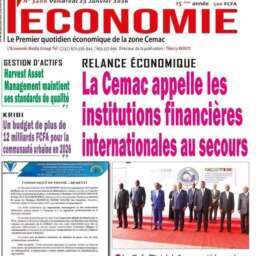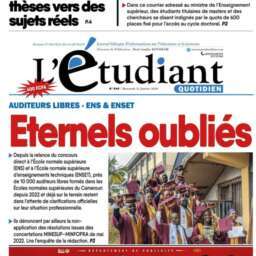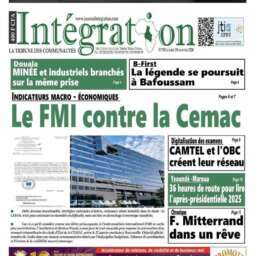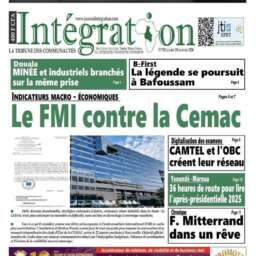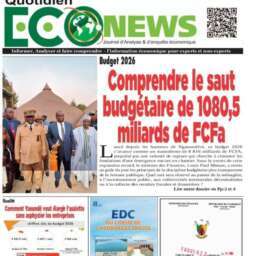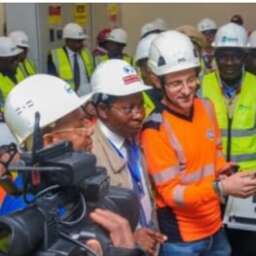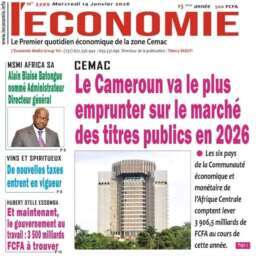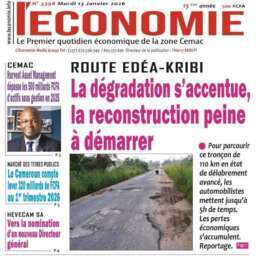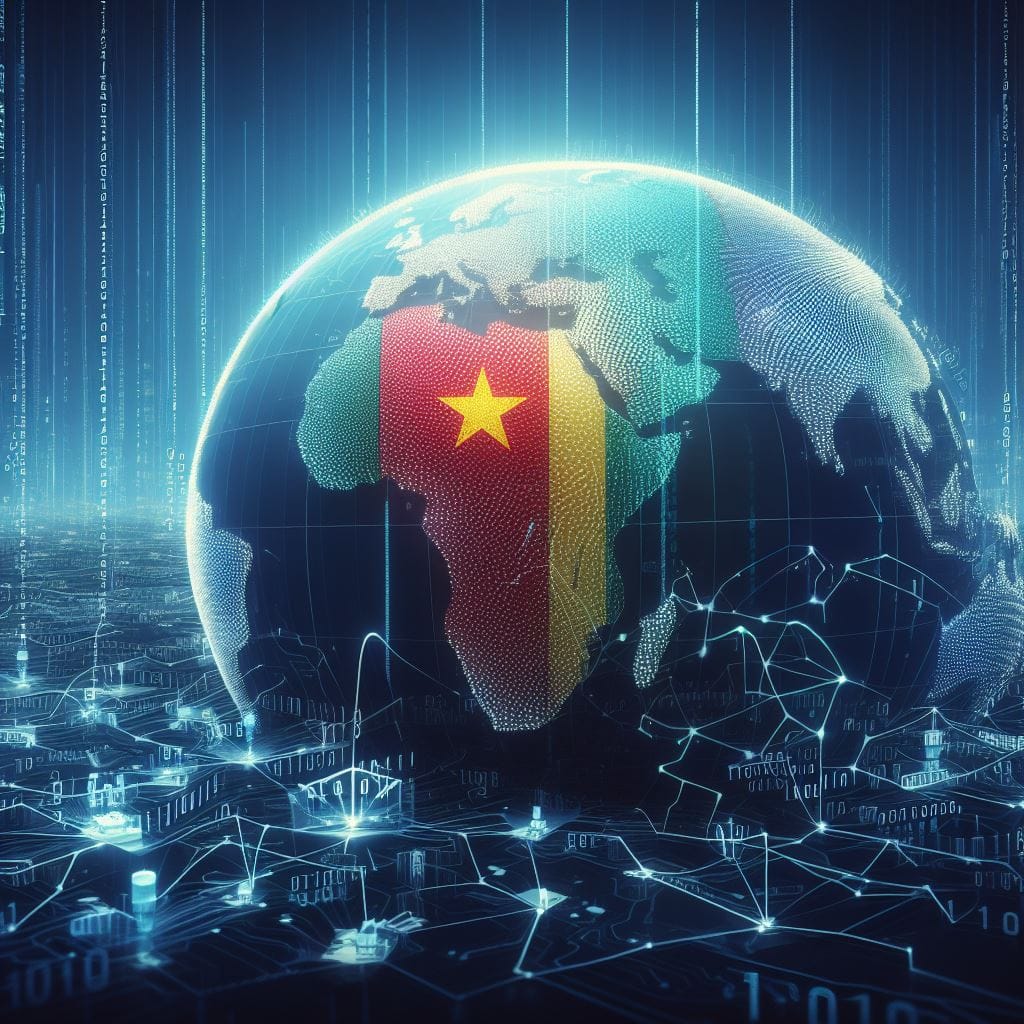In the realm of media, the differences between nations can be as pronounced as the diverse cultures they represent. This blog post delves into the contrasting landscapes of media in Cameroon and the United States, with a particular focus on the profound impact of the First Amendment on the American media landscape. Additionally, we’ll explore how the advent of digital media, the internet, and social media has reshaped the dynamics of information dissemination in both countries.
1. Freedom of Speech: The First Amendment’s Resonance in the USA
The cornerstone of the American media landscape is the First Amendment of the United States Constitution, which enshrines the freedom of speech and of the press. This constitutional protection empowers media outlets to operate independently, fostering a diverse and often robust media environment. From investigative journalism to editorial commentary, the First Amendment serves as a safeguard, allowing the media to act as a critical check on government power and a platform for diverse voices.
2. Cameroon: Navigating a Complex Media Terrain
Contrastingly, Cameroon’s media landscape operates within a different socio-political context. While the country recognizes freedom of expression in its constitution, the practical application can be nuanced. Journalists in Cameroon often navigate challenges such as government restrictions, self-censorship, and, at times, confrontations with authorities. Understanding the media landscape in Cameroon requires an exploration of how these factors shape the information available to the public.
3. Digital Media and the Internet: A Global Game-Changer
The advent of digital media and the internet has significantly altered the landscape for media in both countries. In the USA, it has democratized information access, providing a platform for independent voices and diverse perspectives. In Cameroon, the digital space offers an alternative avenue for information dissemination, albeit amidst challenges related to internet access and occasional restrictions.
4. Social Media’s Pervasive Influence
The rise of social media has revolutionized the way news is consumed and disseminated globally. In the USA, social media platforms serve as both news sources and forums for public discourse. Conversely, in Cameroon, social media plays a pivotal role in bypassing traditional media channels, offering citizens a platform for free expression and the sharing of information in real time.
5. Navigating the Crossroads: A Comparative Reflection
As we navigate the crossroads of media in Cameroon and the USA, it becomes clear that the First Amendment has not only shaped the American media landscape but also influenced the broader discourse on media freedom globally. Understanding the intricate interplay between legal frameworks, societal dynamics, and technological advancements is key to appreciating the distinct paths these two nations tread in the ever-evolving world of media.
In conclusion, the media landscapes of Cameroon and the USA are reflective of their unique histories, legal frameworks, and contemporary challenges. By examining these differences, we gain valuable insights into the role of foundational principles like the First Amendment and the transformative influence of digital media in shaping the narratives that define our societies.






